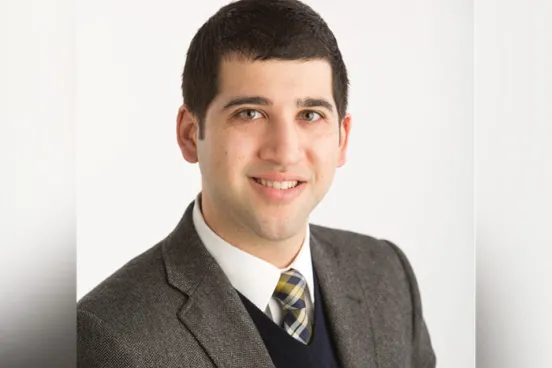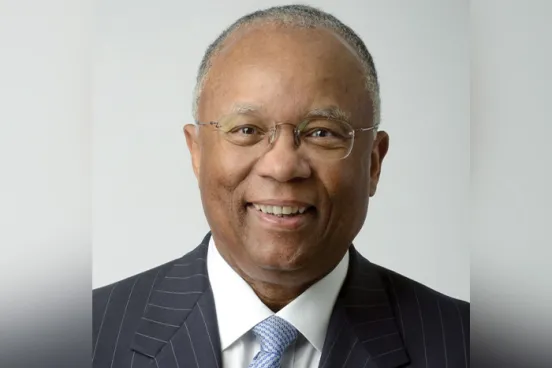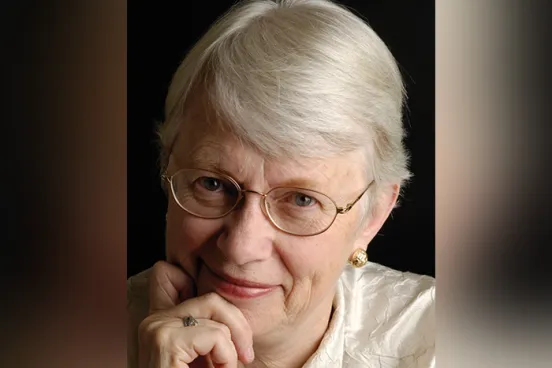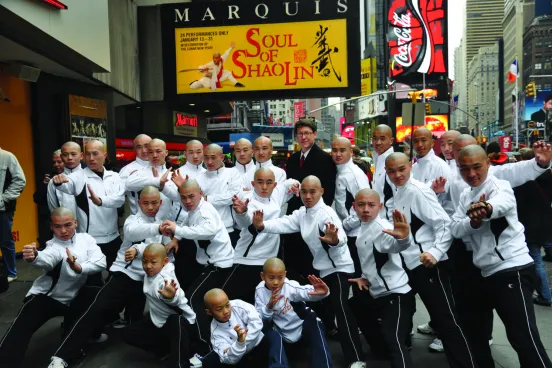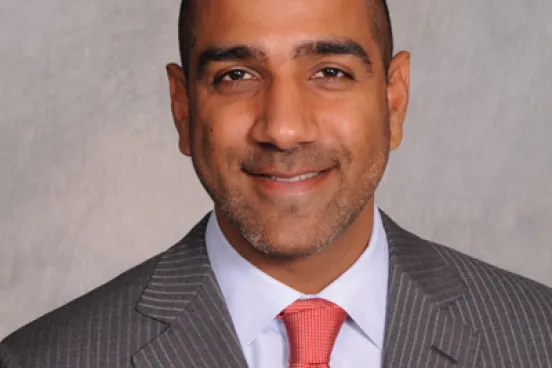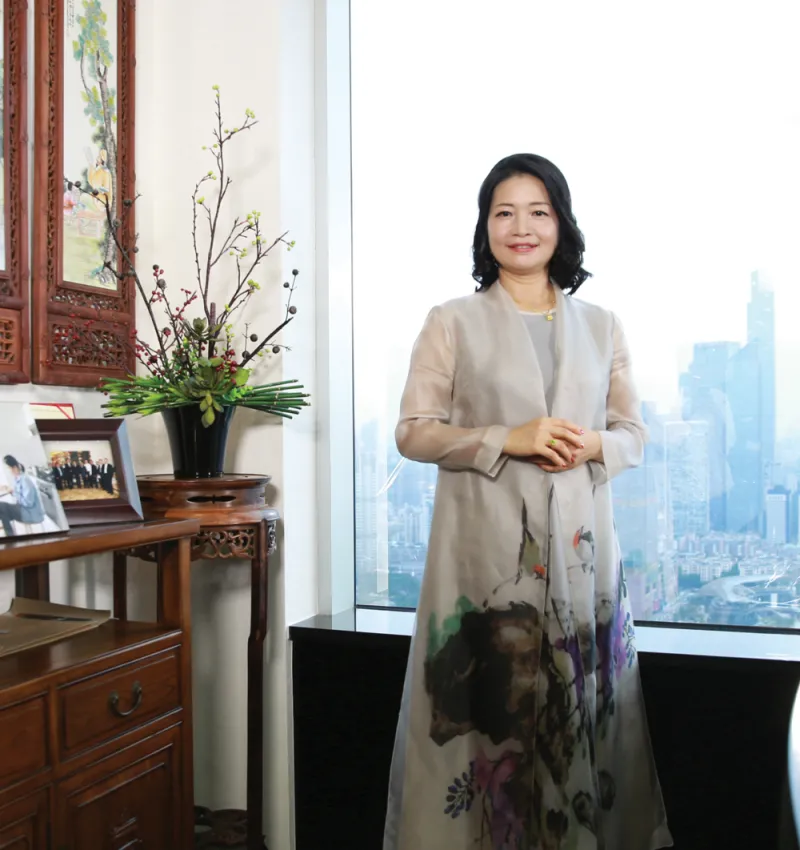

Xiuhao “Rachel” Luo, LLM ’01, is no stranger to being on the cusp of new trends, and relishing all the challenges and opportunities that come along with them.
China’s legal industry was just taking shape when she graduated in 1989 with her first law degree from Sun Yat-Sen University in Guangzhou. Today, she is tackling the Wild West of Internet and social media retailing—-along with compliance and regulatory work—-as vice president of legal affairs for Amway China, which is based in Guangzhou.
When Luo graduated from Sun Yat-Sen, lawyers typically worked on the service model—-with specific clients in a private practice.
But things changed, and fast. The open-door policy and China’s emergence as a world economic power meant a growing legal industry, with partnership law firms starting up and foreign companies that needed local legal knowledge.
Suddenly, lawyers were in big demand.
“There were so many opportunities that weren’t there before and not a lot of competition,” Luo says. “You could work at a state-owned company, join a partnership firm, work with a foreign company, or do traditional private practice. There was so much change.”
In 1994, one of Luo’s former professors at Sun Yat-Sen—-who had done work for a U.S. company that was establishing itself in China and needed a legal staff—-suggested Luo throw her hat in the ring. She was interested, her professor helped arrange an interview, and soon after, Luo joined Amway China.
At the time, China did not regulate direct sales—-where representatives sell products on their own and earn commissions—-since the concept was new. In Amway’s case, representatives sell nutrition products, cosmetics, and body care and cleaning products, among other items. The problem was that unsavory business practices such as pyramid schemes and other scams also proliferated. In the confusion, the government, for a time, banned all types of direct selling, including for legitimate operators like Amway.
Luo worked with U.S.-based executives and Chinese government officials to draft regulations that would control abuses but allow direct sellers to operate.
“We always kept the discussion with the government open,” Luo says. “We met with them often to help them understand the idea, and what other countries had done with direct sales regulation. They realized what was legitimate and what was not.”
The Chinese government’s regulations on direct selling have evolved, and Luo has been right in the thick of the work—-lobbying and working between the U.S. headquarters and Chinese government. It’s important work for the Ada, Michigan-based company: China is Amway’s biggest market.
Luo visited Ann Arbor on one of her trips to Amway headquarters and met Professor J.J. White, ’62, and Virginia Gordan, who at the time was assistant dean for international affairs. Luo wanted to boost her international legal knowledge, so she applied for the LLM program. Amway encouraged and supported her continuing education.
“It was such a great experience, living in the Law Quad and being in Ann Arbor,” she says. “I learned why people made certain decisions and asked certain questions. Knowing that I could truly share ideas with them was so important.”
Those skills are put to the test now as online retailing changes the landscape. Amway needs to develop tools so their agents can sell products on social media platforms like WeChat. Luo also spends a lot of time protecting Amway brands and watching for counterfeit products. And compliance still is a big part of the job.
Luo says her Michigan Law degree was a critical part of developing her skills in international business and legal management.
“Without understanding both American and Chinese legal systems, and the way they do business, you just can’t communicate. Understanding the U.S. mindset and how to communicate with headquarters is essential for my particular job. At Michigan, I was able to learn that. That education really adds value to your career.”
In addition, her Michigan Law degree has helped her make instant connections in China and other places as she goes about her work.
“When people find out I went to Michigan, or if I’m wearing my shirt or hat, there are so many times when I hear a ‘Go Blue!’ or they just start talking about Michigan because it’s so well known,” she says. “It’s happened here, in Southeast Asia, and in Europe.”


